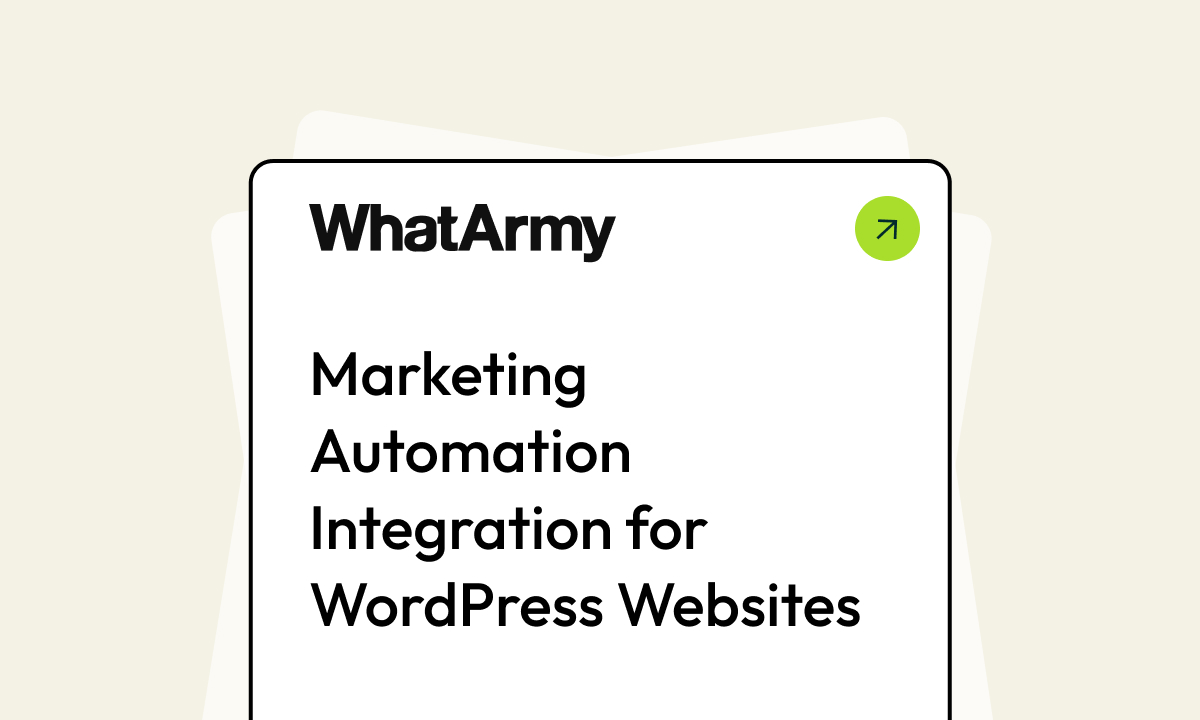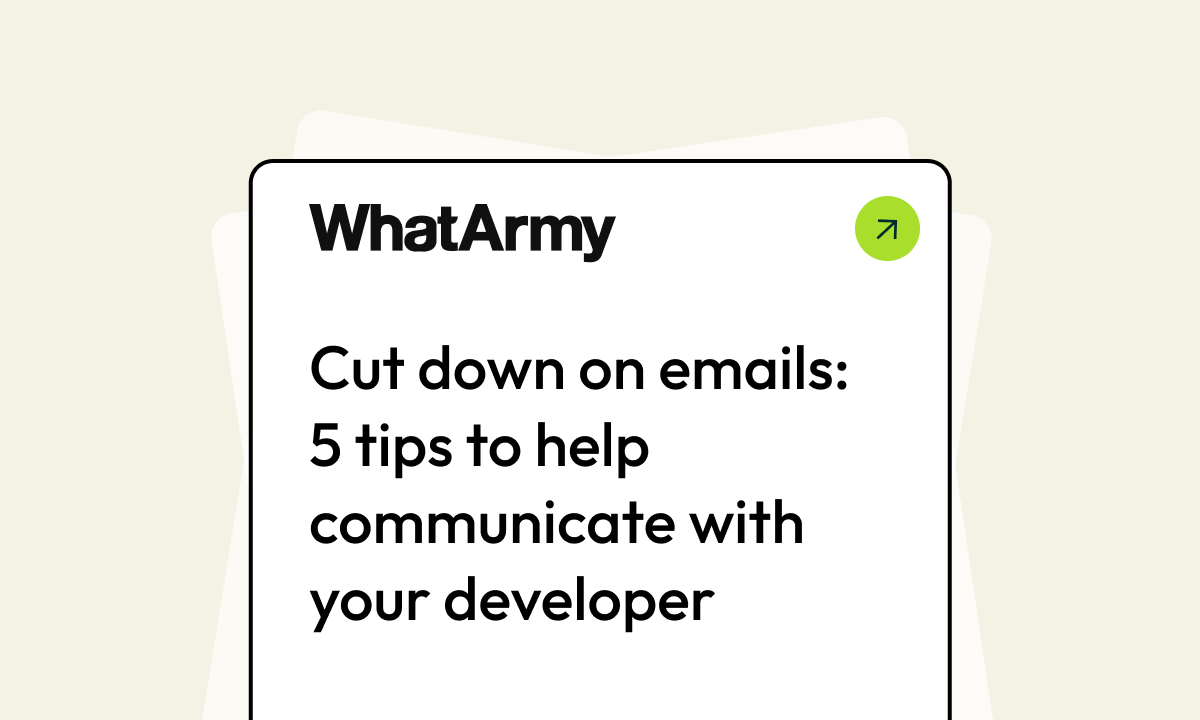This month’s partner post by Debora Bradley (CEO at Boston SEO Geeks) reviews how and when to blog for small businesses.
Our partner blog series features articles from many industry authorities. Posts include topics such as best practices and lessons learned within our partner’s fields.

One of the topics I get questions on most from clients is blogging:
- How to choose topics for their blog posts, and
- If blogging is really worth the time and effort.
I’ll address #2 first:
Empty heading
Is blogging really worth the time and effort?
The short answer is, “It depends.”
Contrary to most of the SEO lore shared both on and offline, if you run a local business that provides products or services solely to people within a defined geographic area, you can take the “pressure to blog” off yourself. I come across so many local business owners who feel like they should know how to do social media and Google Ads and SEO, as well as magically have time to blog. This simply isn’t realistic.
The good news is that with a solid SEO strategy, the vast majority of local businesses do not need to blog (or have “fresh content”) to rank for their most profitable keywords. (Yes I really did just say that!)
If reading the statement above resulted in a big sigh of relief, then I’d suggest you skip the rest of this article and use the time instead to consider which online marketing options are likely to bring your business the greatest ROI.

Now, say you just like to write, or you have someone who can write great articles for you…can blogging help? Absolutely!
As you add quality content related to your business’s offerings, it boosts your website’s relevance and authority. In turn, Google has the opportunity to use your website as an informational resource in addition to seeing your business entity as a product or service provider. While many of your new readers will be outside of your service area (i.e. they’re unlikely to turn into clients), they are spending time on your website and getting the information they were searching for. With consistency, Google will reward you for this by improving your overall rankings (which is why it’s important to have a strongly optimized site – so that you also get ranked for the types of search terms that will bring you new clients!).
Empty heading
When do you need to blog?
Still on the topic of local businesses, if the majority of your online competitors are national chains whose websites have significantly higher Domain Authority than yours, and especially if their companies blog regularly, then it’s worth adding a blogging campaign to the mix of your online marketing efforts. While there are many strategies a local business can implement to outrank a national company, if your competitors are seen as true authorities in your industry, you want to start getting consistent quality traffic to your website. Blogging is a great first step to accomplishing this.
Finally, for virtually any national company that is looking to become an authority in their niche, a consistent and strategic blogging campaign is almost certainly in the cards. In addition to the benefits mentioned previously, blog posts provide opportunities to optimize for Featured Snippets spots, to get more image and video rankings in the SERPs, and they create more quality backlinking opportunities. In short, a strategic blogging campaign helps develop your business entity into a true industry authority or thought leader.
blog posts provide opportunities to optimize for Featured Snippets spots, to get more image and video rankings in the SERPs, and they create more quality backlinking opportunities.
Empty heading
How to choose blog topics
If you’ve made it this far, I gather you’re all in for this blogging thing, so I’d like to share three of my favorite resources for coming up with blog topics.
Answer The Public (answerthepublic.com)
This rather uniquely presented website (I won’t spoil it for you, just go check it out), offers a wealth of information regarding specific questions and search phrases people are asking Google on a regular basis. The site returns its data in both visual and list form so you can absorb it in the way that works best for you.
Keywords Everywhere plugin (keywordseverywhere.com)
This add-on is available for Chrome and Firefox and won’t cost you a penny. It does its magic right on the Google search results page (as well as a number of other search platforms), providing information on related search terms and including each query’s Search Volume, Google Ad CPC and Competition rating.
Competitors
If you’re looking to compete with organizations in your industry that are currently outranking you, it’s a great idea to look at what they’re doing that’s working and emulate as much as it makes sense to. One piece of this reverse engineering process is looking at (1) what they blog about and (2) which of their blog posts they’re getting the most traffic from. While part two of this process is harder to do without quality SEO tools, part one is pretty darn easy. Here are two ways you might go about it:
looking at (1) what they [your competitors] blog about and (2) which of their blog posts they’re getting the most traffic from.
- Write a list of who you consider your top online competitors to be.
- For each competitor on your list, go to the blog on their website.
- Take note off all the blog post topics that would be relevant to your business.
- Bonus: If they have social share buttons and/or comments are enabled, look for the posts that have gotten the most interaction and start with those!
- Google something like “[keyword I want to rank for] articles” or “articles about [keyword phrase]”. For example, “seo tips articles” or “articles about how to blog”. Look at what’s ranking both in terms of the topics and the style of the articles. For example, are the majority of articles on page 1 comparing options available in the market, or are they educational or opinion style articles? Getting a gauge on the type of information Google returns for different types of search queries will help you understand what type of content will most benefit your website.
Empty headingHow to use this new wealth of informationWhile there are loads of ways to use the data you gather via the tools and strategies above, I want to leave you with a few final thoughts to provide some direction and keep you out of trouble 😉:
- Rate of Publish: For most local businesses, publishing new articles just one to two times each month is likely to be way ahead of your competition. In particularly competitive local markets or for tightly niched national companies, publishing a fresh blog post at least once a week is a good goal to aim for. The main thing to remember is that you want to get the most out of your blogging strategy without creating excess work for yourself. If you are a local electrician, your competitors are not going to be blogging on a daily basis. A highly visible international organization or news site, on the other hand, may publish multiple times each day. Ideally, you want to look at what your competitors are doing, and then do just enough more.

- Ideas for Structuring Your Articles:
- Take several of the questions you discovered during your research and create a solid and truly useful FAQ page.
- Create a series of blog posts based on the questions people are asking that come together to tell a larger story.
- Take a number of tightly related questions and put them together as subsections of a single article. (Note: with some good Schema markup, this strategy as well as the FAQ page can be a great way to grab some of the “bonus” rankings positions Google is making available these days).
- Create quality, unique content: For this one, I fully support most of what you’re going to read elsewhere on the internet – write content that is unique and that people will actually want to read. While many SEOs have ranked (and continue to rank) clients with low quality content, it’s not an evergreen strategy, and Google will figure it out eventually. In addition, you won’t get the same result you would with truly interesting and helpful blog posts as people will bounce off your site as soon as they realize it’s spammy or low quality content. As you probably know, duplicating content from other websites can put you at risk of a penalty. If you do “borrow” ideas, be sure to rewrite them and add your own twist.
Our Partner
Deborah Bradley is the CEO at Boston SEO Geeks. As a computer science major at Columbia University & programmer at IBM, Deborah was always intrigued by algorithms. Many years later, when she caught the Google bug and realized the massive impact her skills could have on a business’s success, she knew she had found “her thing” and, ultimately, founded the agency. As an SEO expert, Deborah now uses her love of algorithms to help local and national businesses shoot up the organic search engine rankings so that they can be found exactly where their ideal customers are searching for them.
Boston SEO Geeks
phone:
(617) 370-5958
email address:
info@bostonseogeeks.com
Office:
1731 Beacon St, Ste 1213
Brookline, MA 02445



